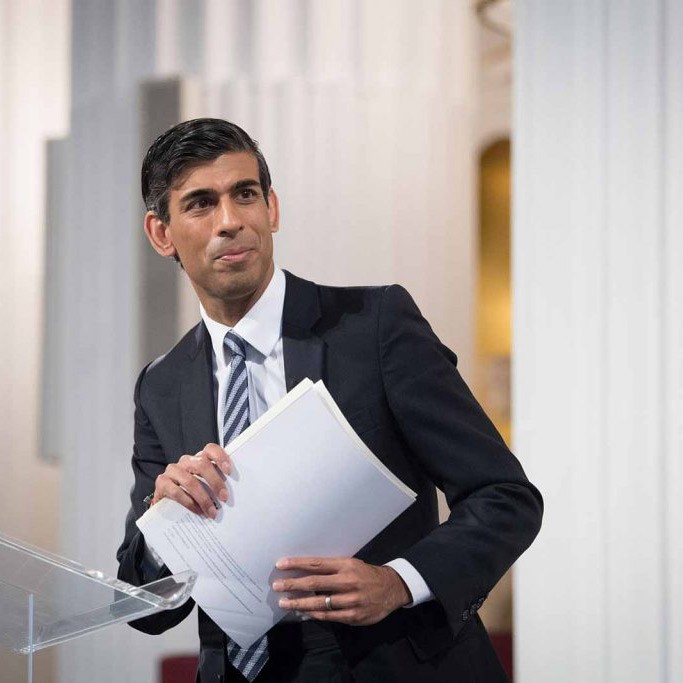
As Singapore celebrates the 56th anniversary of its independence, its economy continues to perform relatively well in the face of the ongoing pandemic.
The city-state is set to come out of the Covid-induced downturn in relatively good shape – which puts it in a nice position to start thinking about what policy changes are needed in order to excel in the post-pandemic world.
Prospects improve
The economy has bounced back from the contraction last year and is now less than one percentage point below its pre-pandemic output level.
Forward-looking indicators suggest that the economy will continue to deliver good news beyond August. For instance, the pipeline of new orders that firms are receiving looks strong. Also, surveys of both manufacturing and services firms point to an increasingly upbeat view of the future. Even the aviation sector is beginning to see light at the end of the tunnel, with passenger load factors for the national airline improving in the second quarter.

Singapore can now begin to look beyond the short-term crisis and gear itself up for the longer term
With a highly successful vaccination drive having already brought full protection to around two-thirds of the population, the government is preparing to further ease restrictions on activity. It has signalled that it is even ready to contemplate a carefully calibrated reopening of the country to foreign travellers in the fourth quarter of the year. That should help the hardest-hit sectors, such as tourism and the aviation hub, to begin a gradual recovery.
Shifts in policy
While the city-state has not fully put the pandemic behind it, Singapore can now begin to look beyond the short-term crisis and gear itself up for the longer term. So far, while acknowledging the growing challenges that are emerging, the government’s policy reviews had produced only relatively minor departures. What are intriguing now are the hints being dropped that ground-breaking policy changes might, after all, be in the offing.
What are intriguing now are the hints being dropped that ground-breaking policy changes might be in the offing
Ravi Menon, managing director of the Monetary Authority of Singapore, spoke recently about the longer term challenges and floated possible departures from existing policies. These included a minimum wage, the extension of social safety nets to incorporate some form of unemployment insurance, and modest government interventions to address growing inequality. The latter could even include a property gains tax or an inheritance tax to address wealth inequality, he said. These signals have aroused interest because they represent significant departures from existing policies.
New directions?
The carefully worded speech and its policy hints do not mean that policy change is a certainty but such a statement from an authoritative source as the head of the central bank does suggest that the government is willing to explore new directions in policy, including measures that it had long spoken out against.
The question is: what new directions in policy are actually likely in the end? Our best guess is that the changes that will actually materialise will not be too radical:
- First, the government could expand its version of the minimum wage, the Progressive Wage Model (which links increases in wages for the lowest paid to skills development) to cover a much larger segment of the workforce than the limited number of sectors currently covered. That way, rising wages would still be linked to productivity improvement and be a win-win for both employers and employees.
- Second, instead of an outright wealth tax such as an inheritance tax, Singapore might raise the rate of property tax on higher-value homes. This would be akin to a wealth tax but it would not undermine the city-state’s success in developing itself as one of the premier wealth management centres of the world, which was partly achieved with the promise of a low-tax regime where investment income and capital gains are largely not taxed.
- Finally, one of the gaps in Singapore’s social safety nets is the absence of protection against unemployment. Some form of unemployment insurance could be put into effect. Experience in countries such as Denmark shows that it is possible to structure such schemes without undermining work incentives.
Changes in policy such as the above would help Singapore address the problems of rising inequality and growing economic insecurity without compromising its reputation as a business-friendly economy.



